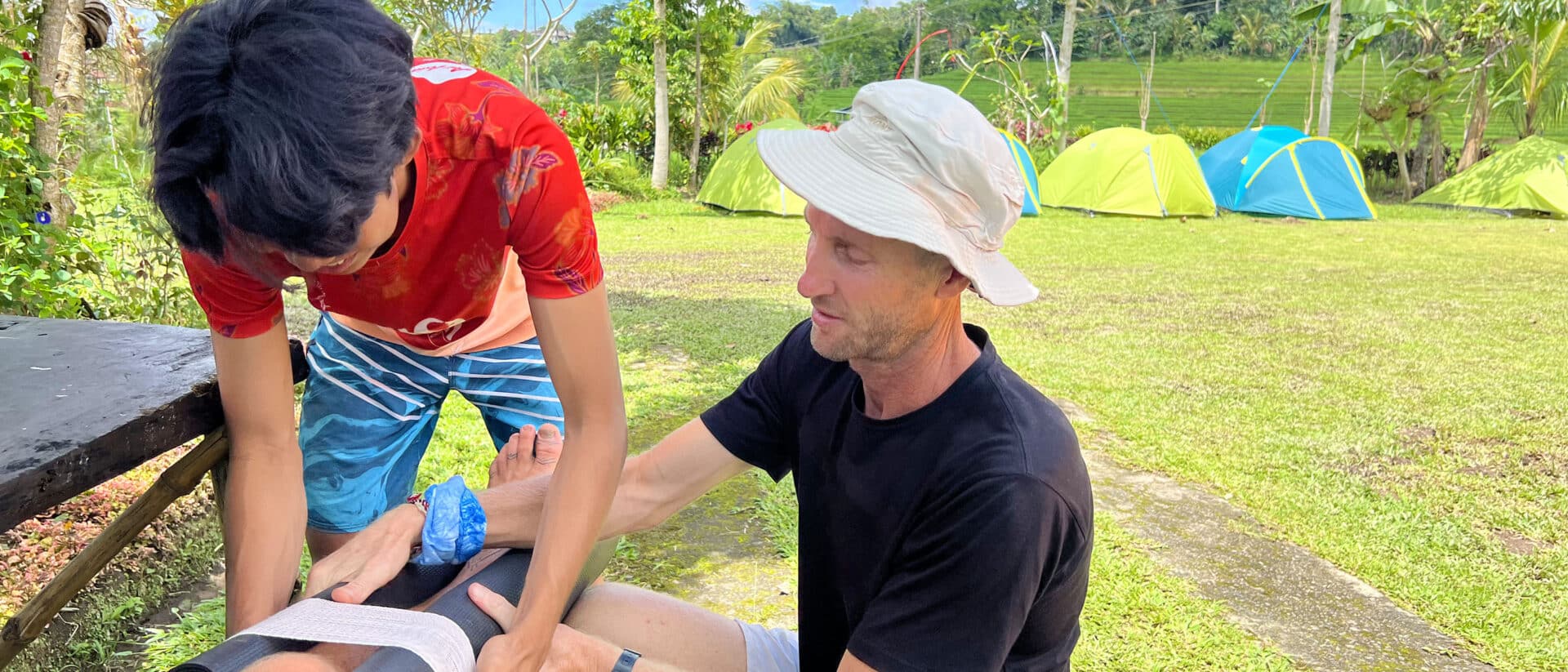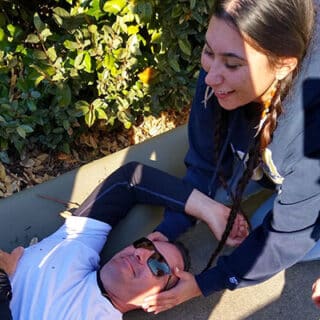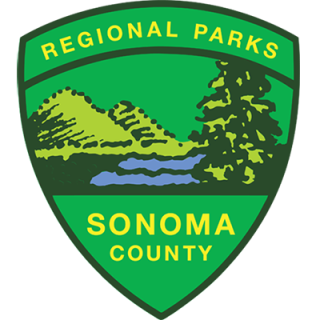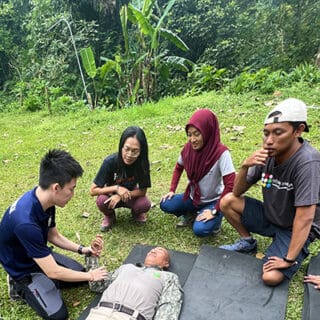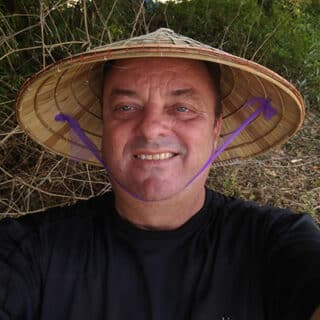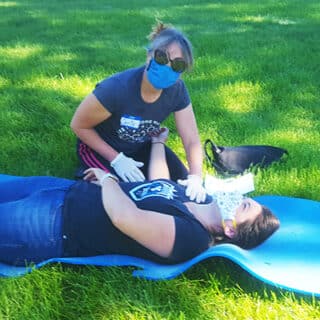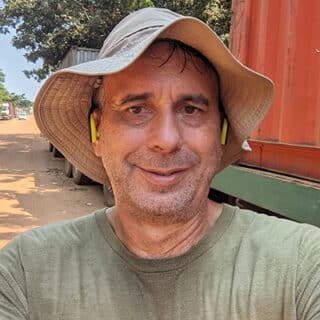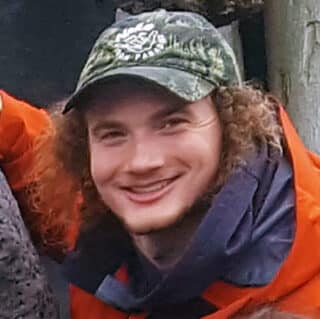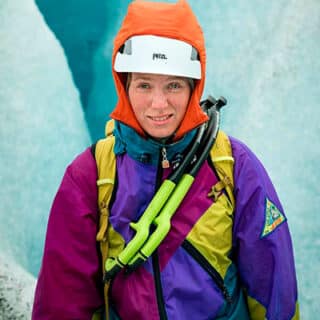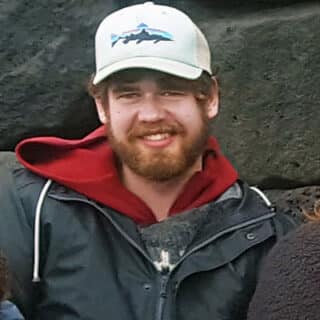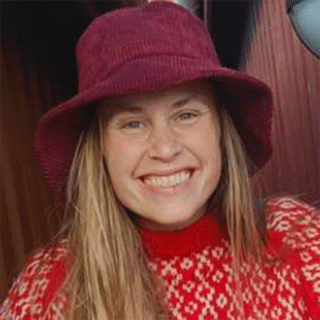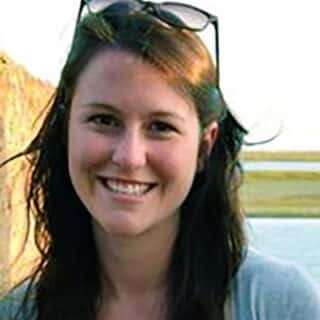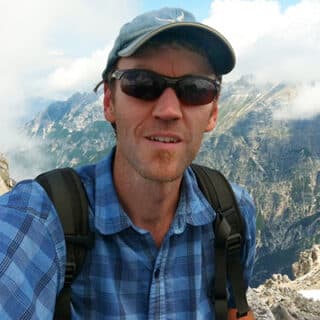Overview
The Wilderness Advanced Life Support (WALS) course is a 36-hour training designed to help advanced medical care practitioners effectively plan for, evaluate, and respond to medical situations in remote, austere, wilderness, low-resource and disaster settings.
The class is typically held over four days, but a variety of schedule options are accommodated.
The course is designed for physicians (Medical Doctor or Doctor of Osteopathy), Nurse Practitioners, Physician Assistants, Registered Nurses, and Paramedics or other ALS-trained field provider.
The course introduces wilderness medicine concepts and protocols to advanced care providers. The class also addresses strategies for providing advanced care in resource-challenged environments, preventive care principles, decision-making regarding treatment and evacuation, and use of advanced medication and equipment in low-resource contexts, including adaptation and improvisation.
A participant on a canoeing trip in remote northern Canada is bitten by a polar bear. A scuba-diving mishap leads to acute decompression illness on a boat far from any hospital. A flood, landslide or wildfire causes severe injuries, shuts down telecommunications, destroys medical services infrastructure, and blocks access to a remote village.
A consulting physician staffing an emergency operations center, a paramedic accompanying a wilderness expedition, or a visiting nurse in a rural clinic may be accustomed to relying specialized tools for diagnosis and treatment, but which might not be available or usable in a remote setting, delayed/prolonged-evacuation context, or extreme environment. This course can help these types of advanced medical practitioners be effective in some of the world’s most challenging environments.
Prior to enrolling in a course, please review our Functional Position Description. The criteria set forth in this document allows learners to self-assess their ability to meet the demands of both a Viristar course as well as the demands of a certified wilderness medical provider in the field.
Curriculum and certification for Viristar’s Wilderness First Aid course is provided by Wilderness Medical Associates International. Viristar is proud to be a Licensed Training Company of WMAI.
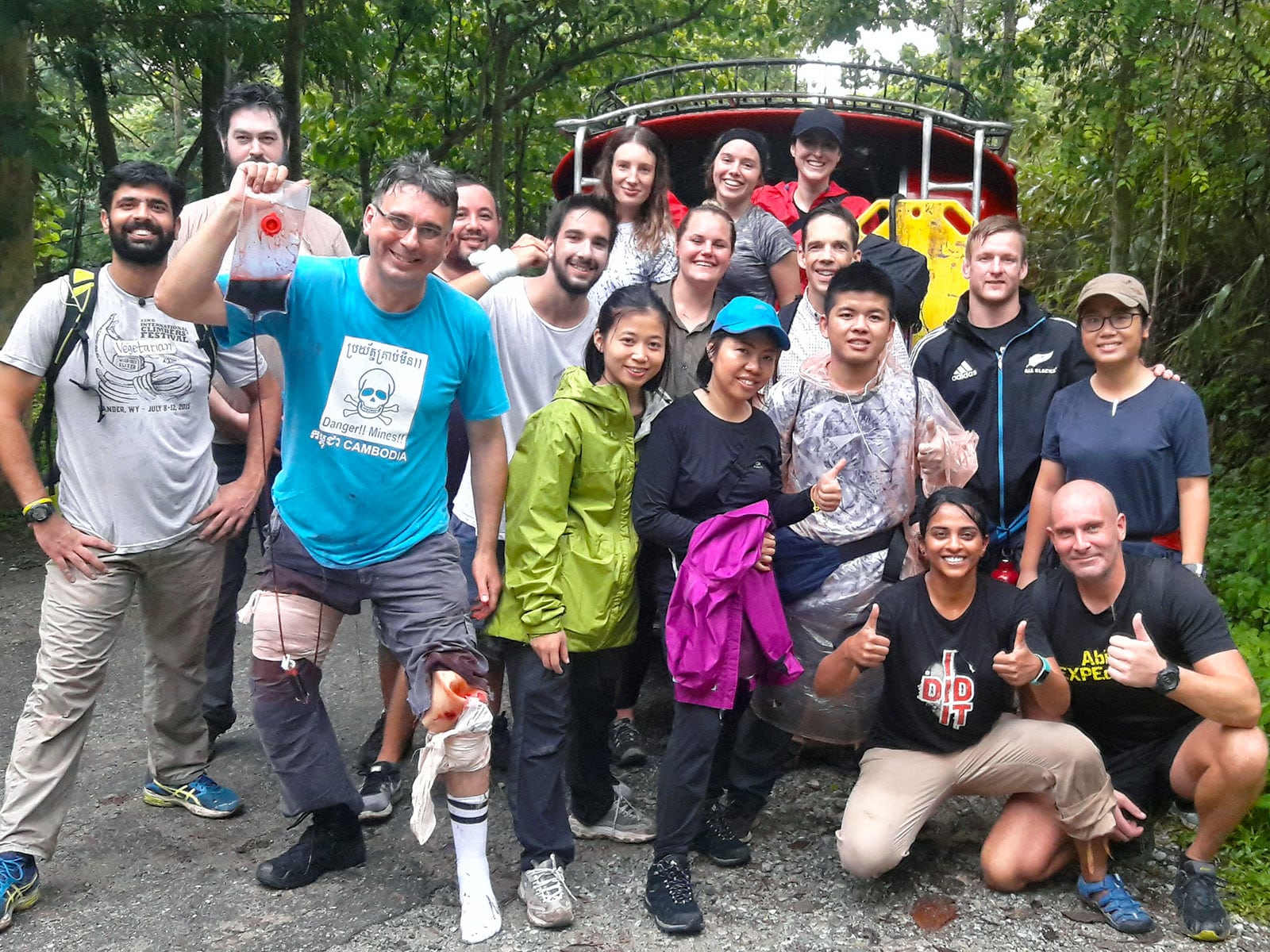
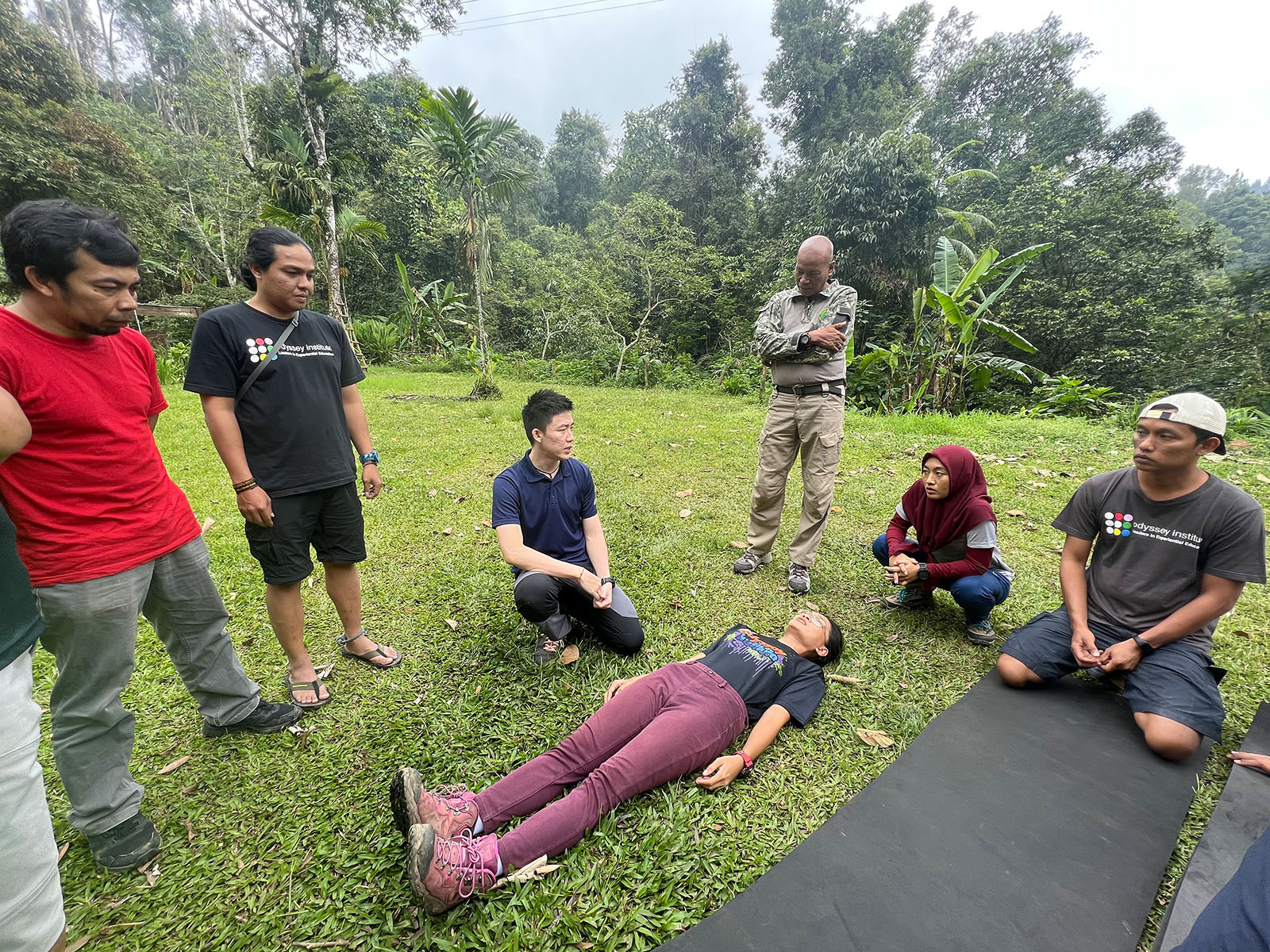
Description
The Wilderness Advanced Life Support course curriculum is written by a team of remote medical rescue researchers and professionals. Ongoing evidence-based research and review is used to develop a unique and innovative approach to patient care in backcountry and austere settings. The curriculum is comprehensive, complete, and kept current on an annual basis.
Course learning outcomes include the capacity to:
- Apply concepts of pathophysiology to long-term care for medical, trauma and environmental conditions.
- Connect anticipated problems for injuries and common medical issues in a remote setting to relevant treatment and extended care.
- Create an appropriate inventory of medical and first aid supplies, including prescription and OTC medications, and considerations for their use in remote patient care contexts.
- Use adaptation and improvisation skills to transfer existing skills and protocols to extreme environments and low-resource contexts.
- Improvise patient stabilization through, for instance, pelvic binders improvised from nearby materials, femur splints, and lifting, moving and extrication without hospital/pre-hospital tools.
- Develop a treatment and evacuation plan for a wide variety of patient profiles, using considered risk-benefit analysis, in remote, austere, offshore or disaster settings.
- Work collaboratively with team members in complex, time-critical emergencies with limited access to equipment and trained personnel
Host A Course. Or Enroll in a Course.
There are two ways to engage with Viristar’s wilderness medicine trainings. Host a course in your location, or enroll as an individual in a currently scheduled class.
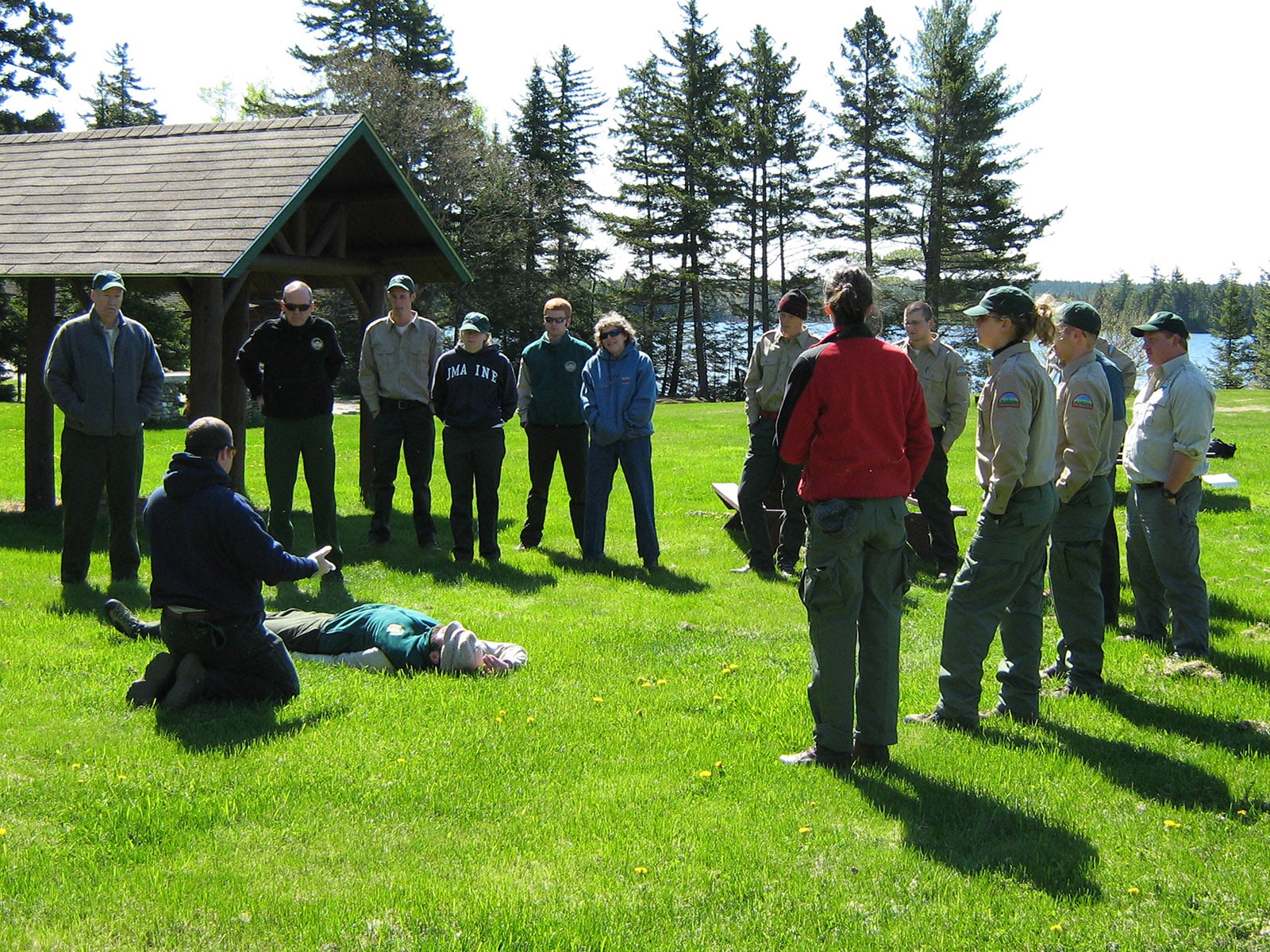
Host A Course
Viristar offers its wilderness medicine trainings in collaboration with a local course host, or course sponsor. The course host arranges for classroom and practical space, recruits and registers participants, acquires a minimal amount of teaching gear, and handles customer service and logistics duties. The host collects tuition, and sets the course fee. Viristar provides the instruction, textbooks, and certification, and invoices the course host.
To learn more about hosting a course, contact us.
Host A courseEnroll in a Course
Individuals seeking training can register for a currently scheduled open-enrollment (public) course.
To enroll in a wilderness medicine training, use our Course Finder to see what trainings are currently scheduled and available.
find a CourseCertifications
Upon successful completion, learners will receive a Wilderness Advanced Life Support certification card.
This constitutes a wilderness endorsement to the practitioner’s current level of licensure.
Certifications are valid for three years.
Current regional or national registration as a medical provider is required for validity of WALS certification.
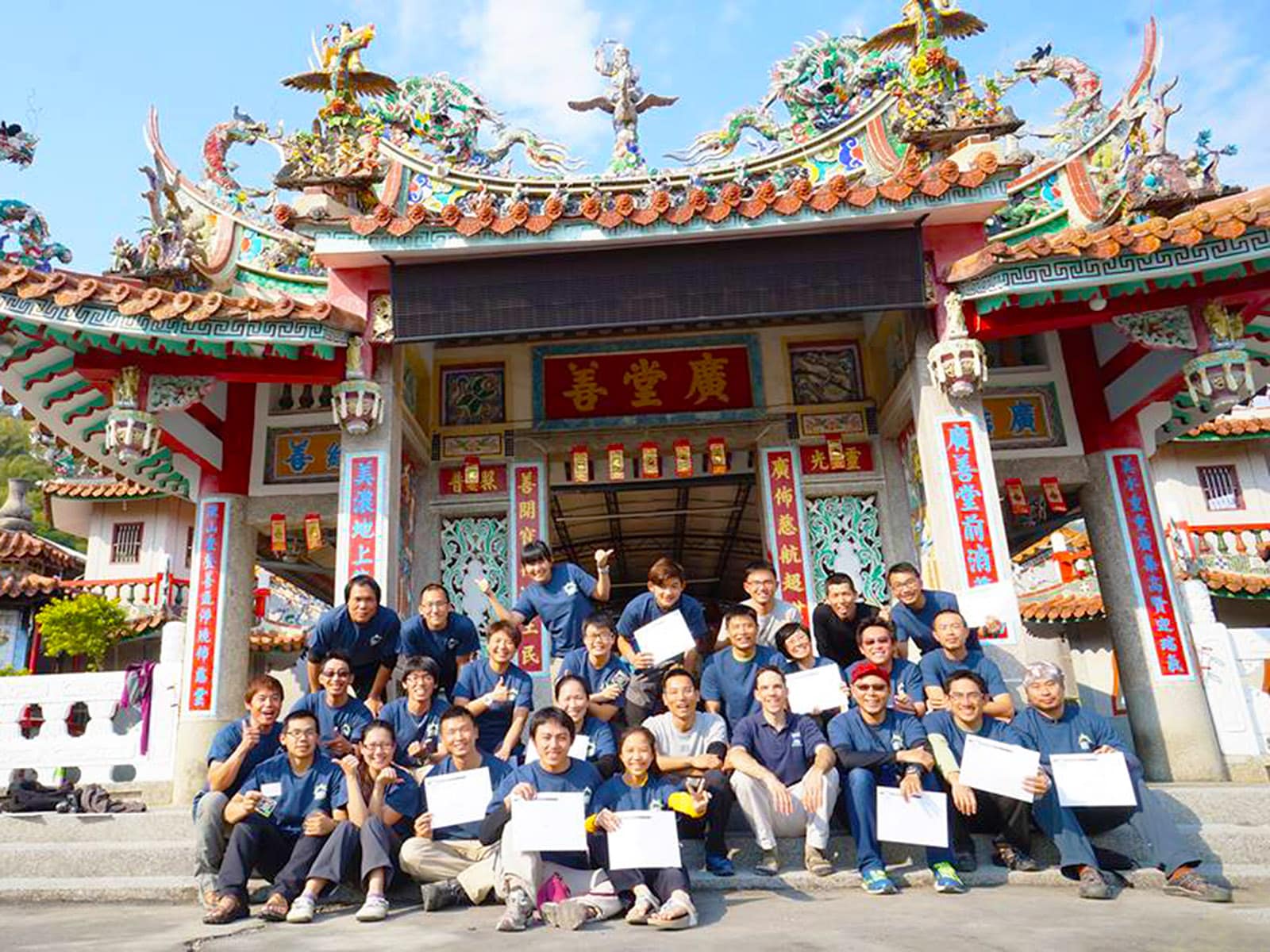
Information for Learners
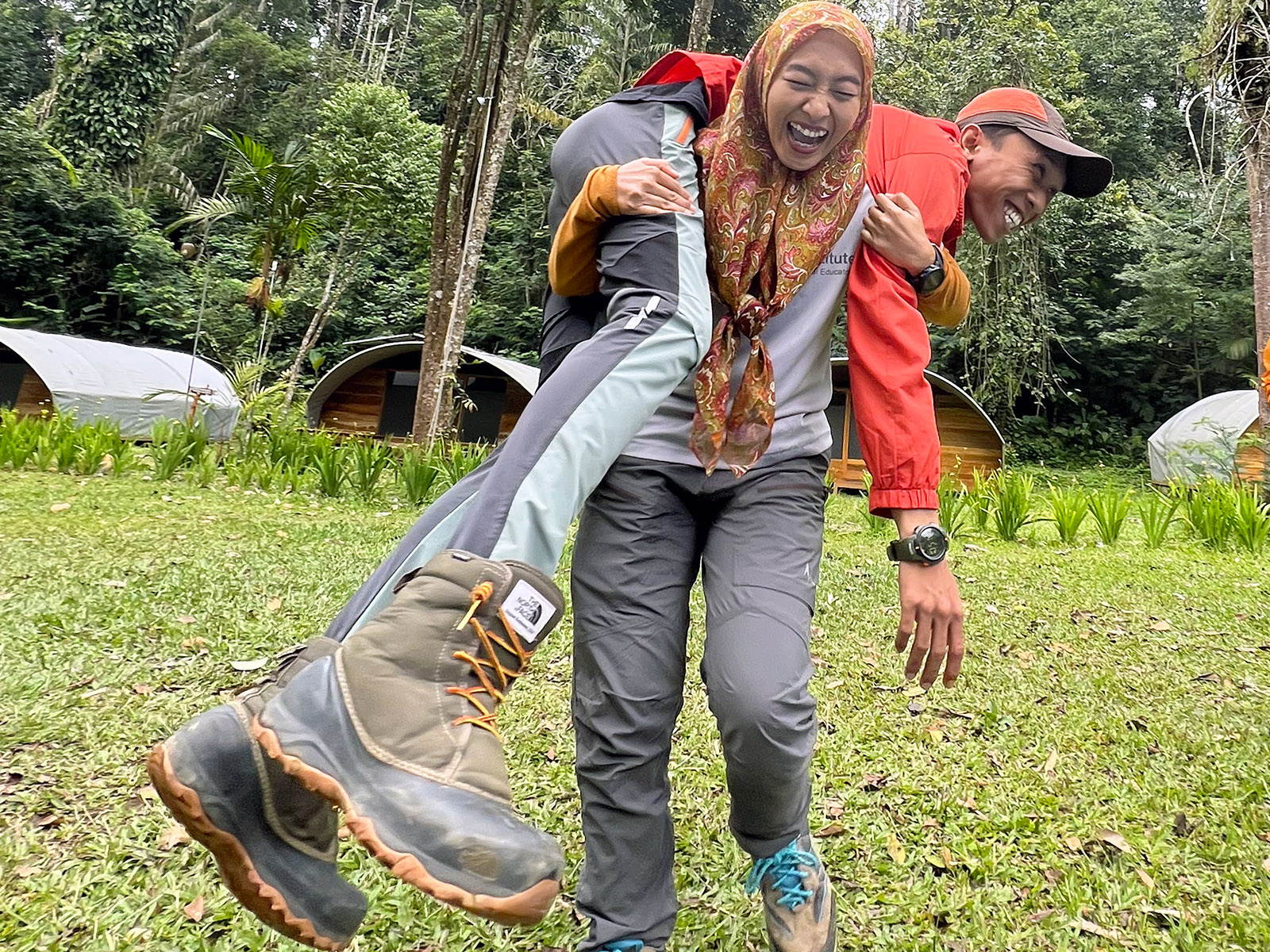
Evaluation
Successful completion with certification is based on 100 percent attendance, satisfactory performance on homework assignments and written quizzes, demonstrated proficiency with practical skills and a successful grade on a final written exam. Viristar is committed to making reasonable accommodation to any learner with special needs.

Recertification
To continue certification, a graduate of a WALS training should re-enroll in the course.

Prerequisites
Participants must have current ALS certification, such as Physician, Advanced Practice Provider (PA, NP), Registered Nurse, or Paramedic or other ALS-trained field provider.
Other prospective participants (e.g. advanced EMTs) may be considered for admission on a case-by-case basis.

Continuing Education Hours
- Advanced EMT or Paramedic: 36
- Approved by Commission on Accreditation for Pre-Hospital Continuing Education (CAPCE)
- Through the Wilderness Medical Society, physicians, physician assistants/associates and other ALS-certified professionals may receive up to 36 hours of AMA PRA Category I Credit.
- WALS courses are normally approved for 36 contact hours by the California Board of Registered Nursing (Provider #CEP17692).
- This activity has been planned and implemented in accordance with the Essential Areas and policies of the Accreditation Council for Continuing Medical Education.
- Physicians can also receive up to 36 hours of Mainpro-C credit through the College of Family Physicians of Canada.
Information for Course Hosts
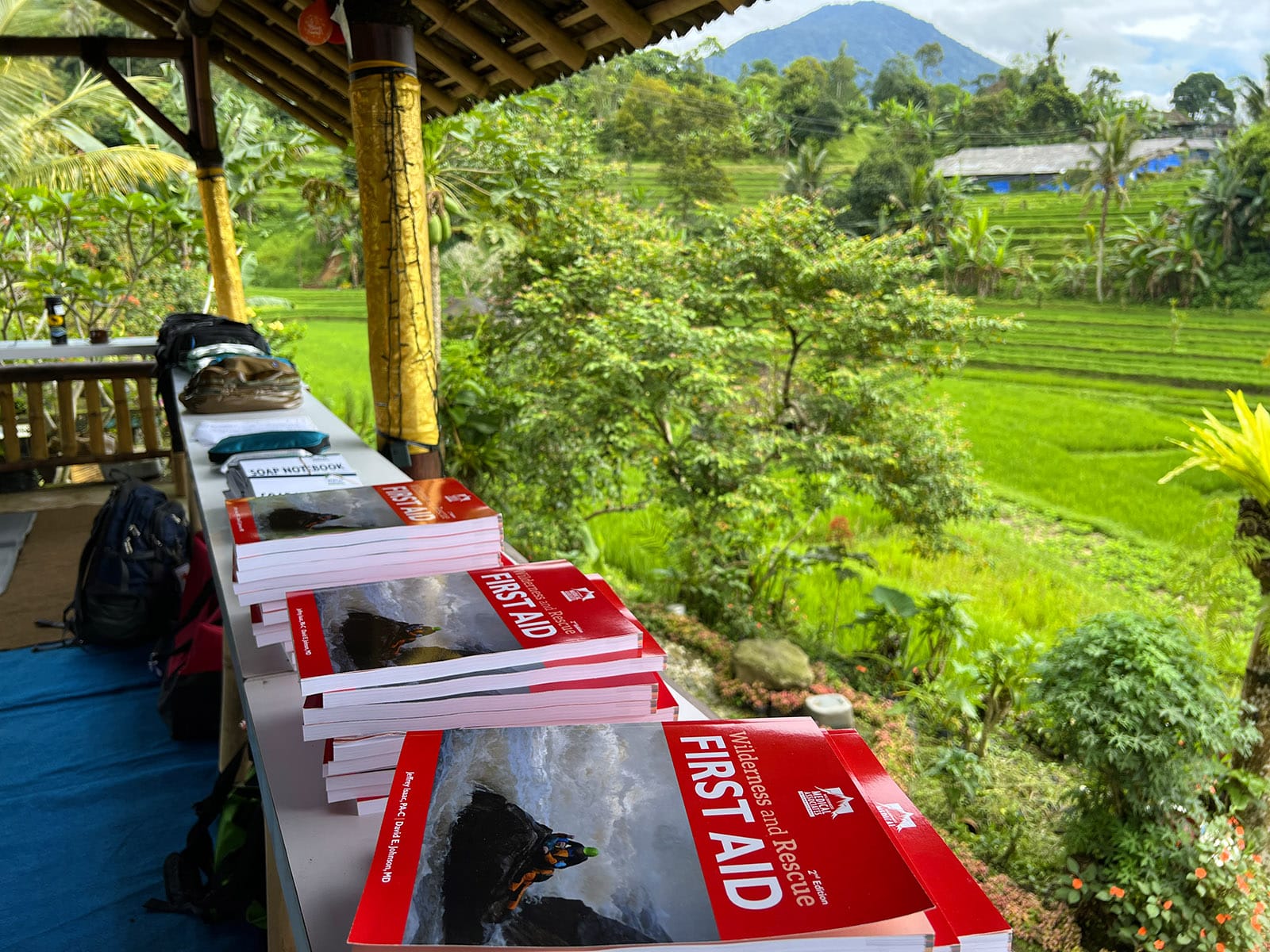
Materials Provided
All teaching materials will be at no additional cost. Participants will receive the following books on this course:
- Wilderness and Rescue Medicine: A Practical Guide for the Basic and Advanced Practitioner
- The Field Guide of Wilderness and Rescue Medicine
- Wilderness Medicine Workbook
- Wilderness EMS/Wilderness ALS Class Notes
- SOAP Notebook

Equipment
We ask our sponsors and course hosts to provide basic outdoor equipment and any specific gear relevant to their personnel when in remote and austere environments. Viristar will supply a specific equipment list to cover simulation and classroom needs.
Viristar will normally provide equipment such as vascular access tools, airway adjuncts, chest trauma management tools, OPA/NPAs, pressure infuser, epinephrine sticks lab supplies, and wound cleaning and dressing supplies.

Customization
As part of Viristar’s commitment to your medical rescue training, our instructors and management will inquire about your group’s needs and teach according to your group’s backgrounds, environments, and experience. Simulations and hands-on activities will be realistic and relevant. Relevant adult education is incorporated directly into our curriculum to maximize learning of medical theory and development of practical skills.
Recognition
Wilderness Medical Society Approved
Viristar WALS courses have been approved for Fellowship in the Academy of Wilderness Medicine (FAWM) for 36 credits through the Wilderness Medical Society. Credit awarding varies per personal credit needs and history.
